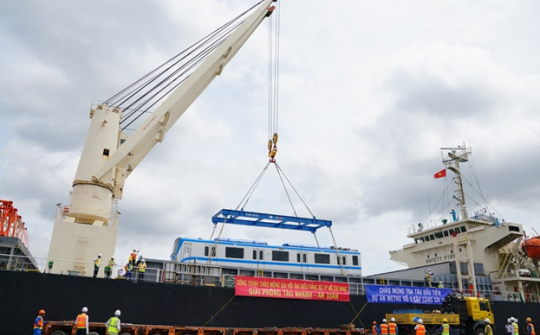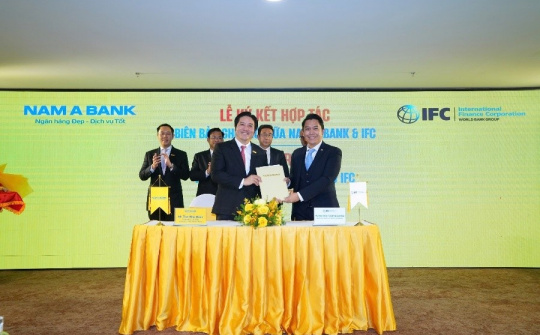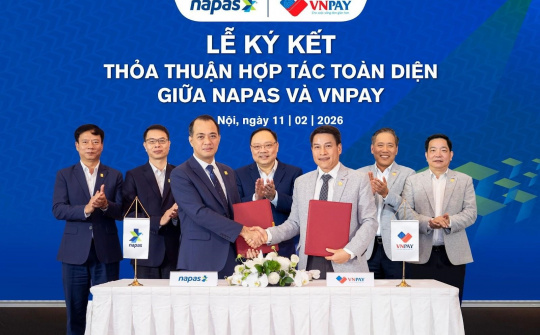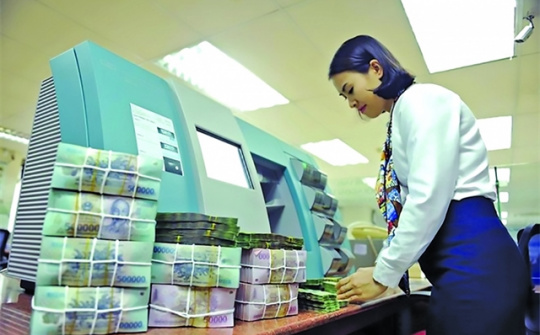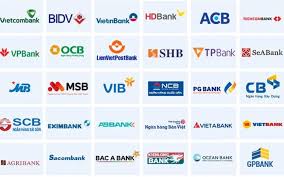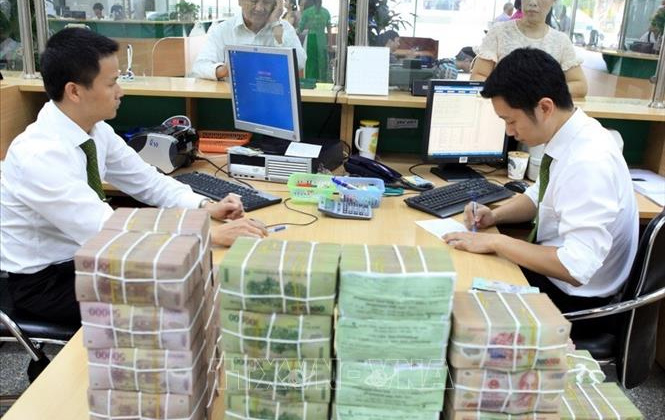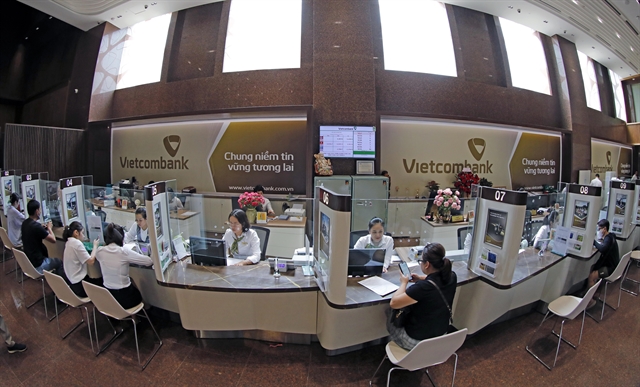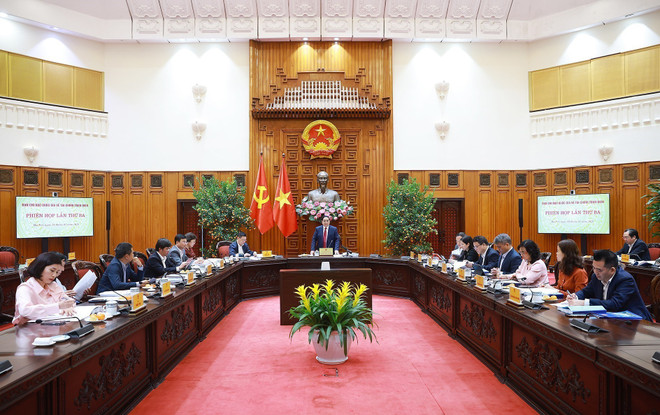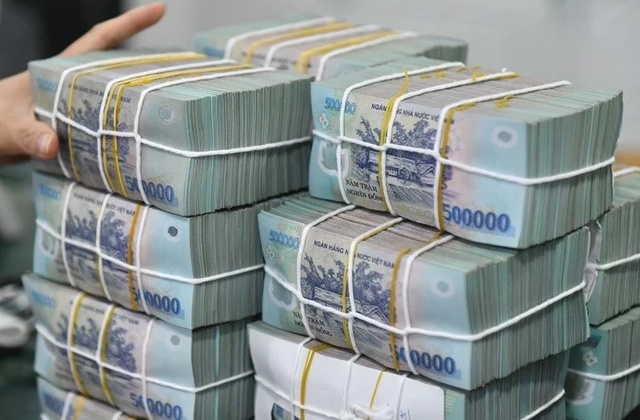In October, Vietnam achieved a historic milestone with the successful execution of two mandatory banking transfers. Vietnam Construction Bank and Ocean Bank were officially handed over to Vietcombank and Military Bank respectively, under a newly implemented framework.
This unprecedented mechanism was made possible by the amended Law on Credit Institutions, which took effect in July, providing the legal foundation to execute such complex transactions.

Banking stabilisation on cards with mandatory deals
Assoc. Prof. Dr. Dinh Trong Thinh highlighted the significance of this legal framework, noting that its absence had previously hindered progress.
“The new regulations not only safeguard depositors’ rights but also protect the interests of shareholders and customers at the acquiring banks,” he explained. “While the long-term effects of this merger and acquisition (M&A) model remain to be seen, addressing the underlying challenges of weak banks post-transfer may take 7-10 years.”
Following the transfers, Vietcombank and Military Bank are exploring various strategies for the acquired banks. These include fully integrating Vietnam Construction Bank and Ocean Bank into their parent operations, maintaining them as independent subsidiaries, or transferring them to new investors.
Meanwhile, the government has urged the State Bank of Vietnam to expedite similar transfers for two additional underperforming banks, GPBank and DongA Bank, with deals expected to close by the end of the year. Other banks, including VPBank and HDBank, have also announced plans to acquire struggling institutions, underscoring the government’s commitment to stabilising the sector.
At VPBank’s AGM in April, deputy CEO Pham Thi Nhung asserted the bank’s readiness to take on a mandatory transfer. “We are fully prepared to mobilise our resources and will begin restructuring the acquired bank immediately after the transfer is completed,” she said.
In recent years, Vietnam’s banking M&A market has been dominated by domestic investors, with foreign participation lagging behind.
A notable example is Thanh Cong Group’s acquisition of a 40 per cent stake in PGBank through three affiliated companies in April 2023. Similarly, Gelex Group made headlines earlier this year by acquiring a 10 per cent stake in Eximbank, reflecting strong domestic interest in the sector.
In contrast, efforts to engage foreign investors have faced significant obstacles. Both BIDV and Vietcombank had initially planned to raise over $1 billion each through private placements to international investors in 2024, but these deals have now been deferred to 2025. Vietcombank has reiterated its commitment to the private placement strategy, although progress has been slower than anticipated.
Techcombank is also exploring opportunities to sell a 15 per cent stake to a foreign strategic investor. Speaking to Bloomberg TV in mid-November, CEO Jens Lottner highlighted the bank’s shift in focus from capital raising to capability-building.
“Techcombank, as Vietnam’s largest publicly listed private bank, has always prioritised strategic partnerships,” Lottner stated. “While we previously sought investors to strengthen our capital base, we are now focused on acquiring expertise, particularly in technology and access to trade corridors. A 15 per cent stake is a figure we are realistically considering offering to the right partner.”
While some banks are pursuing foreign investment opportunities, others have quietly withdrawn plans, citing increased selectivity on both sides.
At an extraordinary general meeting in November, LPBank chairman Nguyen Duc Thuy reiterated the bank’s cautious approach. He explained that although there are no immediate plans to sell stakes to foreign investors, the bank views them as potential strategic partners who could add significant value.
Analysts attribute the challenges in attracting foreign investors to two key factors. Firstly, Vietnamese banks have raised their standards, requiring foreign partners to bring not just capital but also advanced technology, strong governance, and the ability to expand customer bases and ecosystems. Secondly, foreign investors have become more discerning, prioritising banks with robust risk management systems and strong profitability.
In some cases, foreign investors have opted to restructure their portfolios or exit the Vietnamese market. The Commonwealth Bank of Australia, for instance, recently sold a 10 per cent stake in VIB after divesting a 5 per cent stake in September.


